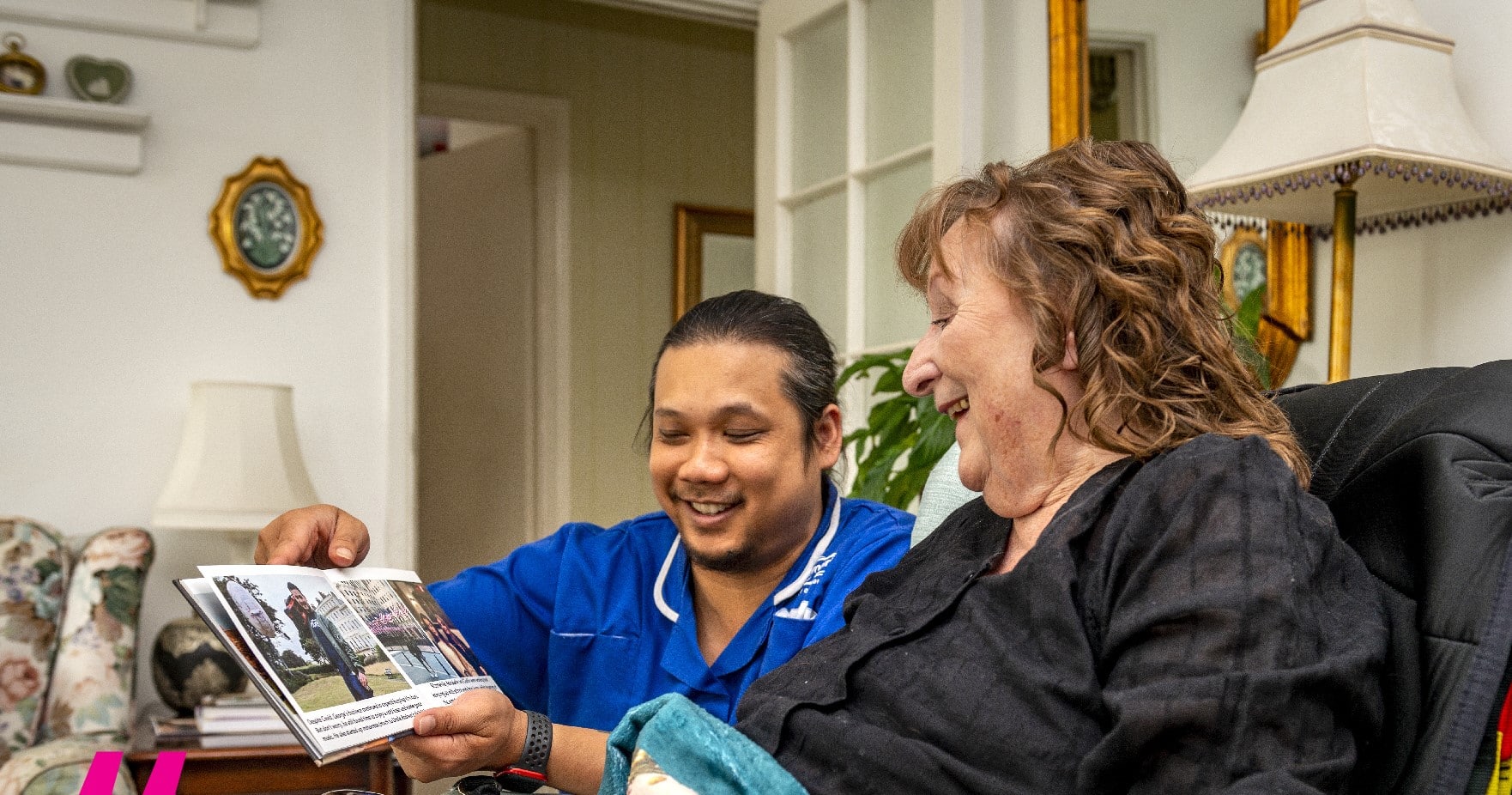Caring for Individuals with Mobility Challenges

Caring for individuals with mobility challenges requires a combination of specialized skills, equipment, and compassionate support to ensure safety and improve quality of life. Mobility issues, often caused by conditions such as arthritis, stroke, multiple sclerosis, or age-related deterioration, limit a person’s ability to move independently. Caremark Watford & Hertsmere play a crucial role in helping these individuals remain as independent and comfortable as possible.
1. Home Adaptations for Accessibility
One of the primary ways Caremark Watford & Hertsmere supports individuals with mobility issues is by ensuring their environment is adapted to meet their needs. Common adaptations include:
- Installing ramps for wheelchair access.
- Handrails and grab bars in bathrooms and hallways to prevent falls.
- Stairlifts or platform lifts for those with difficulty climbing stairs.
- Widening doorways to accommodate walkers or wheelchairs.
Our carers work closely with occupational therapists to assess the home and recommend these adaptations, making daily activities easier and safer for our customers.
2. Assistance with Daily Activities
Our carers help individuals with limited mobility manage essential daily tasks such as bathing, dressing, toileting, and meal preparation. This assistance is crucial for our customers who may not be able to move safely or easily by themselves.
Our carers also support customers with more complex mobility aids like transferring in and out of wheelchairs, using lifts, and repositioning in bed to avoid pressure sores. We provide a proper training which is essential to ensure our carers are able to provide this level of assistance while minimizing the risk of injury to both themselves and their customers.
3. Encouraging Physical Activity and Rehabilitation
While mobility challenges can limit movement, staying physically active is important for maintaining strength, flexibility, and overall health. Carers work with physical therapists to encourage customers to engage in gentle exercises that help maintain mobility, such as stretches, walking with assistance, or using resistance bands. Even small movements can prevent muscle atrophy and improve circulation, reducing the risk of other health complications.
In some cases, rehabilitation exercises are part of post-surgery or post-stroke recovery, and our carers play an essential role in supporting customers through these rehabilitation programs. By encouraging consistent movement, they help customers regain as much independence as possible.
4. Providing Emotional Support
Living with mobility challenges can lead to frustration, depression, and feelings of isolation. Carers not only provide physical support but also emotional companionship. They engage customers in conversations, encourage hobbies, and accompany them on outings to help maintain their mental and emotional well-being. Caremark Watford & Hertsmere provide this emotional connection which is crucial in reducing the isolation that many individuals with mobility issues may feel.
5. Using Assistive Devices and Technology
Mobility challenges are often managed through the use of assistive devices, such as:
- Wheelchairs, walkers, and canes.
- Lift chairs to help individuals stand up from seated positions.
- Transfer boards for moving from one surface to another, like bed to wheelchair.
- Mobility scooters for those with limited walking ability.
Technology also plays an increasingly important role in improving the quality of life for those with mobility challenges. For example, smart home devices can control lighting, temperature, and security systems without the need for physical movement. Carers help our customers operate these devices, increasing their independence.
6. Transportation and Social Engagement
Individuals with mobility challenges often face difficulties leaving their homes, which can lead to social isolation. Carers provide transportation services, enabling customers to attend medical appointments, run errands, or visit family and friends. Staying socially active is important for mental health, and carers facilitate these activities by organizing outings and helping customers engage in their communities.